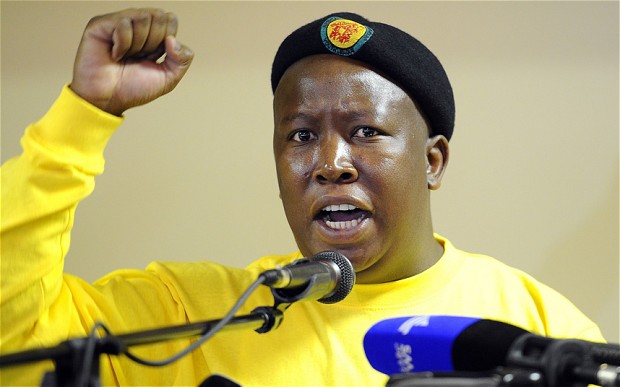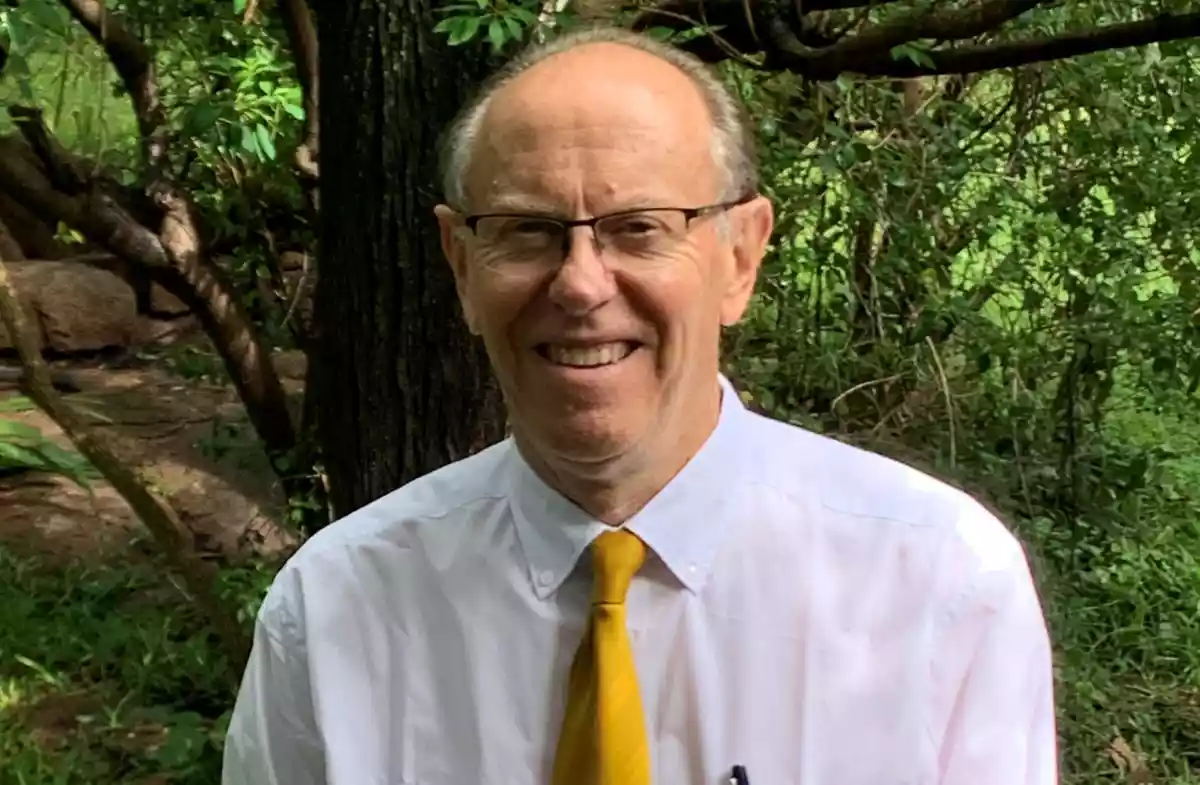
CONTROVERSIAL South African politician Julius Malema yesterday said he will accept funding from President Robert Mugabe if offered as he defended the 89-year-old ruler’s record.
Staff Reporter
Malema sparked speculation in 2010 when he was pampered by top Zanu PF officials during a visit to Harare at a time he was engaged in running battles with South Africa’s ruling African National Congress.
He met Mugabe at State House, a privilege that is extended to a few people. In the run -up to the July 31 elections, Malema was forced to deny reports that Zanu PF ministers were funding his Economic Freedom Front (EFF) to spite South African President Jacob Zuma.
At the time, Zuma was vigorously pushing for electoral reforms in Zimbabwe that Mugabe was fiercely resisting.
Yesterday Malema told journalists in Johannesburg he would have no problems receiving money from Africa’s longest serving ruler ahead of South Africa’s elections later this year.
“We will never have a problem receiving money from president Mugabe. That is the cleanest money we can receive,” he said.
Defending Mugabe’s rule, Malema said detractors should remember the effects of capitalism in South Africa before criticising other nations such as Zimbabwe.
- Chamisa under fire over US$120K donation
- Mavhunga puts DeMbare into Chibuku quarterfinals
- Pension funds bet on Cabora Bassa oilfields
- Councils defy govt fire tender directive
Keep Reading
“There’s no system that has worked successfully for Africans, except the Zimbabwean system,” he said.
“The Zimbabweans today can be hungry and poor, but at least they own property.
“You are eating pap (isitshwala/sadza) and vleis (sausages)here in South Africa, you have nothing to show as proof that you belong to South Africa.”
Malema’s EFF has been pushing for Zimbabwe-style land seizures in the neighbouring country, arguing that economic transformation was too slow.
He was expelled from the ANC for indiscipline.
Malema said the EFF intended to win the 2014 elections, but the playing field was not level because election laws, rules and regulations favoured existing political parties and the ruling party.
The EFF would approach the Independent Electoral Commission (IEC) and the electoral court to raise certain issues.
The first was the R45 000 compulsory registration fee per political party per province and the R200 000 to be paid per political party nationally.
“Such excludes parties that don’t have money, yet have massive following of the people to democratically participate in elections,” Malema said.
The second issue was the IEC funding model, according to which only political parties with seats in Parliament got money.
“This is unfair. In essence, the IEC is funding political parties to retain the same number of seats they currently occupy,” he said.
The third issue was the Icasa regulation which states that media coverage, mainly radio and television, should be allocated to parties according to the number of seats they have in Parliament. Malema said this prejudiced new political parties.
The EFF will launch its election manifesto in Tembisa on February 22. Malema said it was going to be an exciting election because of his party.
— Additional reporting by New Age, Eyewitness










